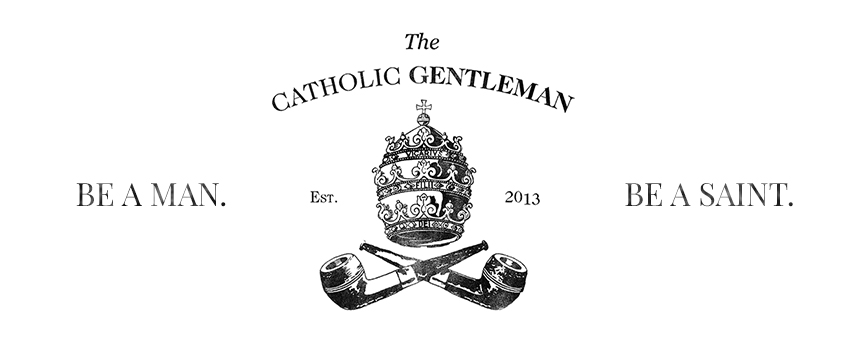Celibacy, or abstinence, is the absence of sexual activity. It is as viable and valuable a means of practicing chastity as faithfulness is in marriage. Chastity is the presence of and active practice of this virtue and self-discipline, enabled ONLY by HIS GRACE!!! Praise Him, Church!!! Praise Him. Pray for chastity. Pray for it. Ask Him for His Grace, and He will say “YES!!! I AM WHO AM do will it!!”
Trust Him!!! Trust Him, ALL the days of your life. In this, and EVERYTHING else. Never take your thoughts, your mind, from Him. Your will be done, Lord. Your will, not mine.
Chastity, the fruit of His Grace, is the taking of full, adult responsibility for the AWESOME powers of creation of life adults possess. Chastity is a virtue to be practiced by the married and the unmarried. Chastity is NOT deprivation, rather, it is adult responsibility, wisdom, and the rejection of abuse of self and others, the misuse of self and others, and the rejection of denigration, humiliation of self and others.
It is peace, in His will. ALL are called to chastity, in their given state of life. If you give yourself over to the fire of your passions, and they ARE a fire which feeds on itself and deceives, ye will reap what ye sow! You will. This is not merely a Christian understanding, either. This is a universal truth. Gal 6:7-9
Once freed from death by Christ, DO NOT again, become a slave of the devil by your own abasement!!!!
“Christian, remember your dignity!!!” – Pope St Gregory the Great
-from the Catechism of the Catholic Church
2337 Chastity means the successful integration of sexuality within the person and thus the inner unity of man in his bodily and spiritual being. Sexuality, in which man’s belonging to the bodily and biological world is expressed, becomes personal and truly human when it is integrated into the relationship of one person to another, in the complete and lifelong mutual gift of a man and a woman.
The virtue of chastity therefore involves the integrity of the person and the integrality of the gift.
The integrity of the person
2338 The chaste person maintains the integrity of the powers of life and love placed in him. This integrity ensures the unity of the person; it is opposed to any behavior that would impair it. It tolerates neither a double life nor duplicity in speech.125
2339 Chastity includes an apprenticeship in self-mastery which is a training in human freedom. The alternative is clear: either man governs his passions and finds peace, or he lets himself be dominated by them and becomes unhappy.126 “Man’s dignity therefore requires him to act out of conscious and free choice, as moved and drawn in a personal way from within, and not by blind impulses in himself or by mere external constraint. Man gains such dignity when, ridding himself of all slavery to the passions, he presses forward to his goal by freely choosing what is good and, by his diligence and skill, effectively secures for himself the means suited to this end.”127
2340 Whoever wants to remain faithful to his baptismal promises and resist temptations will want to adopt the means for doing so: self-knowledge, practice of an ascesis adapted to the situations that confront him, obedience to God’s commandments, exercise of the moral virtues, and fidelity to prayer. “Indeed it is through chastity that we are gathered together and led back to the unity from which we were fragmented into multiplicity.”128
2341 The virtue of chastity comes under the cardinal virtue of temperance, which seeks to permeate the passions and appetites of the senses with reason.
2342 Self-mastery is a long and exacting work. One can never consider it acquired once and for all. It presupposes renewed effort at all stages of life.129 The effort required can be more intense in certain periods, such as when the personality is being formed during childhood and adolescence.
2343 Chastity has laws of growth which progress through stages marked by imperfection and too often by sin. “Man . . . day by day builds himself up through his many free decisions; and so he knows, loves, and accomplishes moral good by stages of growth.”130
2344 Chastity represents an eminently personal task; it also involves a cultural effort, for there is “an interdependence between personal betterment and the improvement of society.”131 Chastity presupposes respect for the rights of the person, in particular the right to receive information and an education that respect the moral and spiritual dimensions of human life.
2345 Chastity is a moral virtue. It is also a gift from God, a grace, a fruit of spiritual effort.132 The Holy Spirit enables one whom the water of Baptism has regenerated to imitate the purity of Christ.133
The integrality of the gift of self
2346 Charity is the form of all the virtues. Under its influence, chastity appears as a school of the gift of the person. Self-mastery is ordered to the gift of self. Chastity leads him who practices it to become a witness to his neighbor of God’s fidelity and loving kindness.
2347 The virtue of chastity blossoms in friendship. It shows the disciple how to follow and imitate Him Who has chosen us as His friends,134 Who has given Himself totally to us and allows us to participate in His divine estate. Chastity is a promise of immortality.
Chastity is expressed notably in friendship with one’s neighbor. Whether it develops between persons of the same or opposite sex, friendship represents a great good for all. It leads to spiritual communion.
Love,
Matthew












